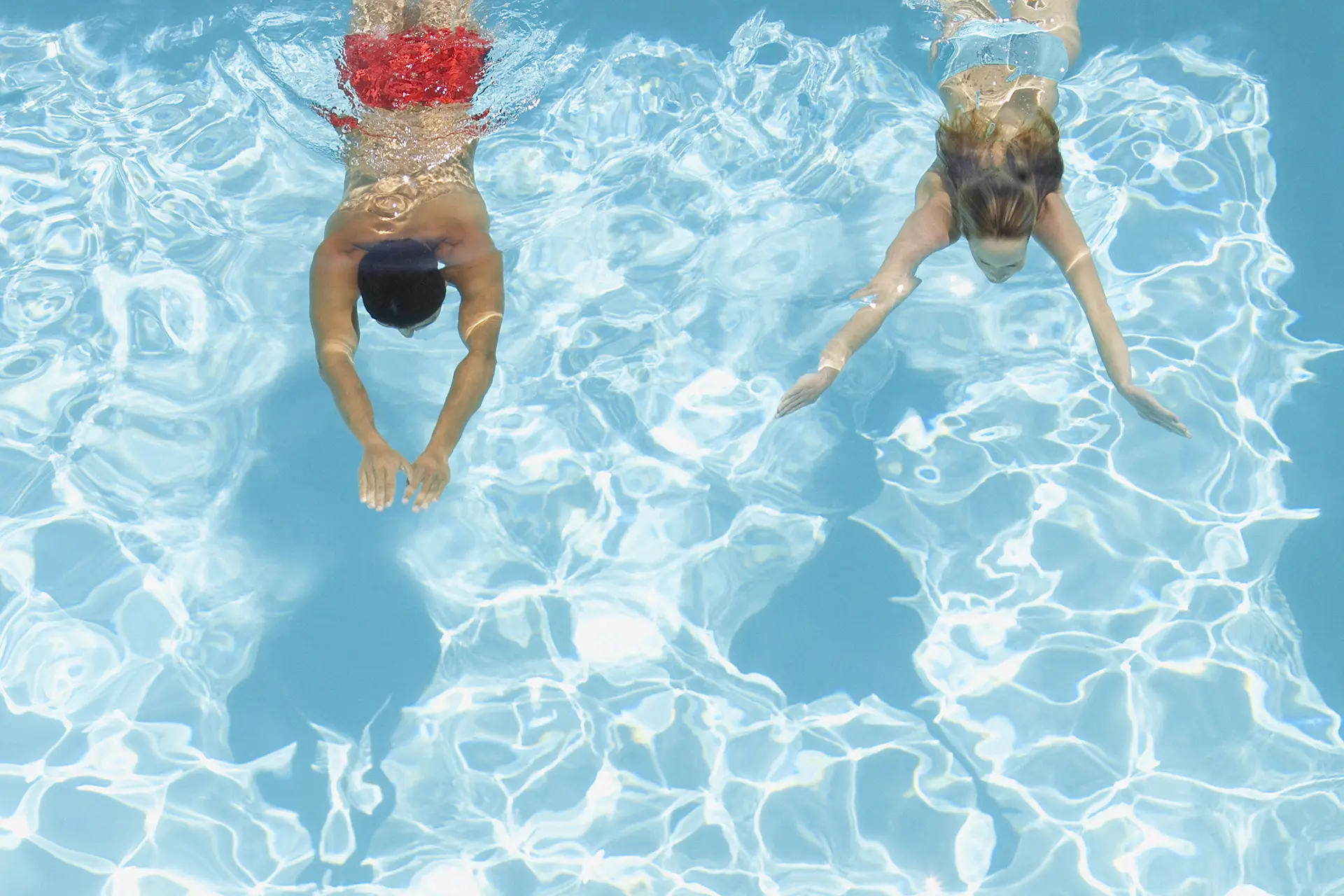
What’s The Best Time to Swim?
Introduction
Have you ever wondered if there’s a beest time to swim for maximum enjoyment and health benefits? While swimming is a fantastic activity at any time of day, the timing can significantly impact your experience.
Many believe that as long as you’re in the water, you’re reaping the benefits—but factors like weather, personal energy levels, and water conditions can make a big difference. Whether you’re swimming for fitness, relaxation, or fun, finding the best time to swim can enhance your workout, improve relaxation, and help you avoid potential risks.
In this guide, we’ll explore the best times to swim based on weather patterns, personal schedules, and swimming goals so you can make the most of every dip in the water.
Factors to Consider When Choosing the Best Time to Swim
Choosing the ideal time to swim depends on several factors, including:
- Weather conditions: Sun exposure, temperature fluctuations, and wind patterns can affect comfort and safety.
- Personal schedule: Work commitments, family time, and energy levels may determine the best time for your swim.
- Swimming goals: Are you swimming for fitness, relaxation, competition training, or social enjoyment?
- Crowd levels: Public pools and beaches tend to be more crowded during peak hours.
- Water conditions: Pool temperatures, tides, and visibility in natural bodies of water can change throughout the day.
By considering these factors, you can determine the most enjoyable and effective time for your swim sessions.
Morning Swimming: Benefits and Drawbacks
Benefits of Morning Swimming
- Peaceful ambiance: Early mornings often mean fewer swimmers, calm waters, and a serene environment.
- Lower sunburn risk: The sun’s rays are less intense, reducing the risk of UV damage.
- Energizing start to the day: Swimming in the morning can wake up your body, boost metabolism, and enhance mental clarity.
- Consistency: Morning routines are often easier to maintain, helping you stay committed to regular swimming.
Drawbacks of Morning Swimming
- Cooler water temperatures: Outdoor pools and natural bodies of water may feel chilly, especially before the sun heats them up.
- Reduced visibility: Fog or low light in the early morning can make swimming in open water less safe.
- Grogginess: Some people struggle to find the energy for a morning swim, especially if they’re not naturally early risers.
Midday Swimming: Pros and Cons
Benefits of Midday Swimming
- Warmer water: Pools and open water are often at their most comfortable temperature.
- Efficient use of lunch breaks: A midday swim can be a great way to stay active and refresh during the workday.
- Sunlight exposure for vitamin D: Moderate sun exposure can boost mood and support bone health.
Drawbacks of Midday Swimming
- Higher risk of sunburn: The sun is at its peak, increasing UV exposure and the risk of sunburn.
- Overheating concerns: Prolonged exposure to heat can lead to dehydration and fatigue.
- Crowded pools and beaches: Many people swim during lunchtime, making it harder to enjoy a peaceful swim.
Evening Swimming: Why It Might Be the Best Time
Benefits of Evening Swimming
- Relaxation after work: Swimming in the evening can help reduce stress and promote relaxation.
- Less crowded pools: Many people have already completed their workouts, leading to a calmer experience.
- Ideal for muscle recovery: Gentle evening swimming can ease muscle tension and improve sleep quality.
Drawbacks of Evening Swimming
- Reduced visibility: Natural lighting diminishes, making open-water swimming riskier.
- Potential sleep disruption: High-intensity swimming too late in the evening may energize rather than relax, making it harder to fall asleep.
The Unique Appeal of Night Swimming
Why People Love Night Swimming
- Romantic atmosphere: A moonlit swim can be a magical experience.
- UV-free environment: No need to worry about sunburn or harmful UV rays.
- Muscle relaxation: Cooler evening temperatures can help soothe tired muscles.
Night Swimming Safety Tips
- Ensure proper lighting: Use pool lights or waterproof LED lights to maintain visibility.
- Swim with a companion: Having someone nearby enhances safety.
- Avoid deep or unfamiliar waters: Stick to well-lit, familiar areas to reduce risks.
Choosing the Best Time to Swim for You
There’s no single “best” time to swim—it all depends on your preferences, goals, and lifestyle. To find the ideal time for you:
- Assess your personal preferences: Do you enjoy a quiet, energizing, or social swim?
- Consider your health and fitness goals: Are you swimming for weight loss, muscle recovery, or relaxation?
- Factor in external conditions: Weather, pool schedules, and personal availability all play a role.
- Experiment with different times: Try swimming at various times of day to discover what feels best for you.
Conclusion
Ultimately, the best time to swim is the time that fits your lifestyle, goals, and comfort. Each time of day offers unique benefits and drawbacks, so experimenting with different swimming schedules can help you find what works best.
Whether you prefer the tranquility of a morning swim, the warmth of midday waters, or the relaxation of an evening dip, the key is to enjoy the experience and make the most of your time in the water.
Looking for expert advice on pool ownership? Contact us today for expert pool advice! Dive in and discover your perfect swimming time.
